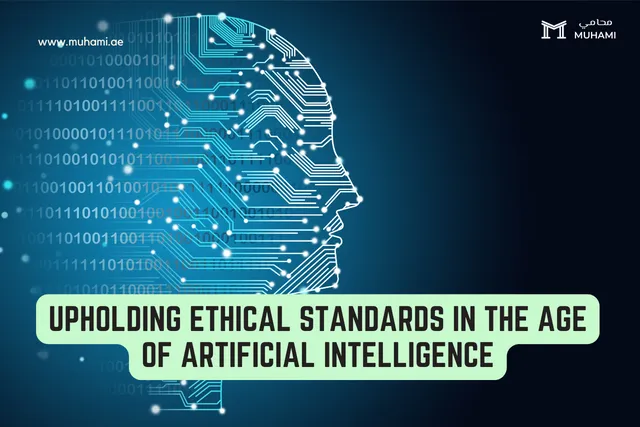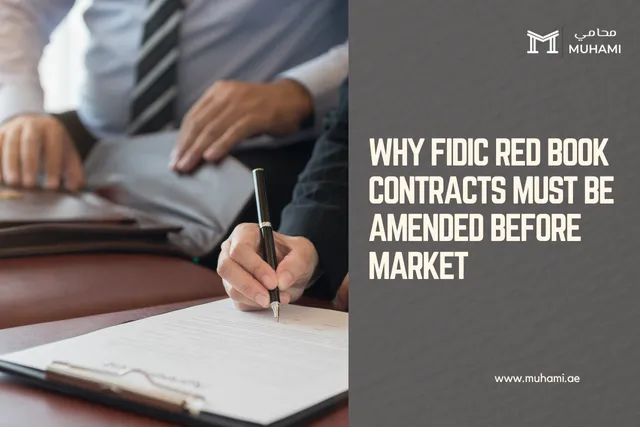Upholding Ethical Standards in the Age of Artificial Intelligence: A Landmark Case of Accountability and Integrity

In a decisive ruling that resonates profoundly within the legal community, the United States District Court for the Northern District of Alabama issued a groundbreaking sanctions order on July 23, 2025, in Case No. 2:21-cv-1701-AMM. This case underscores an essential truth: the integrity of the legal profession must be maintained unwaveringly, especially in an era increasingly shaped by AI technology.
The Core Issue: Fabrication of Legal Citations via AI
At the centre of this case lies a troubling breach of professional ethics: a seasoned attorney, involved in a federal proceeding, submitted five fabricated legal citations across two motions. These citations, falsely purported to support procedural rights and court practices, were later confirmed by defence attorneys to be hallucinations generated by ChatGPT, a widely used generative AI tool.
This revelation has sparked a vital debate about the ethical responsibilities of legal practitioners when leveraging AI. The court’s investigation uncovered that these fictitious sources were non-existent or misrepresented, posing a severe threat to the administration of justice and the credibility of the legal profession.
The Court’s Response: Zero Tolerance and Disciplinary Measures
The court responded with unwavering firmness. It publicly reprimanded the involved attorneys:
Mr. Reeves, Mr. Cranford, and Mr. Lunsford; for deliberately submitting false statements to the court.
The order explicitly states: “Fabricating legal authority is a serious misconduct that demands a "significant disciplinary response.”
The attorneys are disqualified from further participation in the case, with their misconduct referred to the Alabama State Bar for disciplinary review.
Notably, the court chose not to suspend these attorneys from practice, citing the findings of an internal investigation, but emphasized the severity of their misconduct and the necessity of strict accountability.
Furthermore, the court ordered the publication of this reprimand, serving both as a disciplinary measure and a deterrent within the legal community.
Legal and Ethical Lessons for Practitioners
This case sends a powerful message to all legal professionals:
Diligence and Verification Are Non-Negotiable
AI tools, though innovative, must be used responsibly. Relying solely on AI-generated sources without meticulous fact-checking constitutes an ethical breach.
Integrity and Honesty Are Fundamental
The truthfulness of legal submissions is the cornerstone of justice. Any misrepresentation or fabrication, whether by human or machine, undermines the rule of law.
Accountability in the Age of AI
Judicial authorities are increasingly vigilant. As demonstrated, misconduct involving AI—such as fabricating sources—will result in severe disciplinary actions, including public reprimand, disqualification, and referral.
Broader Implications for the Legal Profession
As AI technology becomes more embedded in legal workflows, this case highlights the urgent need for robust ethical guidelines and oversight mechanisms. The legal community must:
Implement strict verification protocols for AI-generated content.
Educate practitioners on responsible AI use.
Maintain a culture of integrity that prioritizes 'truth and professionalism' over convenience.
Conclusion: A Wake-Up Call for All Legal Practitioners
This landmark case exemplifies a fundamental truth: technology must serve the cause of justice, not undermine it. The courts’ decisive action affirms that deliberate misconduct—especially involving AI—is met with serious consequences.
Let this serve as a reminder and a warning: Misusing AI to fabricate sources or mislead will not be tolerated. Upholding ethical standards, transparency, and accountability is our collective duty to preserve the dignity and integrity of the legal profession.
Mariam Al-Shamsi, as a dedicated advocate for ethical legal practice, I urge my colleagues to approach AI with caution, responsibility, and unwavering integrity.
#LegalEthics #AIandLaw #Justice #Accountability #LegalInnovation
Any Questions?
Connect with lawyers and seek expert legal advice
Share
Find by Article Category
Browse articles by categories
Related Articles

Cash locked in VAT is cash you cannot u…
A practical guide to reclaiming VAT on commercial real estate in the UAE Two…

Cash locked in VAT is cash you cannot use to run …
A practical guide to reclaiming VAT on commercial…

Why FIDIC Red Book Contracts Must Be Am…
Introduction For Owners and Contractors in the UAE, the unamended FIDIC Red …

Why FIDIC Red Book Contracts Must Be Amended Befo…
Introduction For Owners and Contractors in the…

ADGM’s Substantial Public Interest Fram…
The Abu Dhabi Global Market (ADGM) has introduced new Data Protection Regulatio…

ADGM’s Substantial Public Interest Framework: Sha…
The Abu Dhabi Global Market (ADGM) has introduced…
